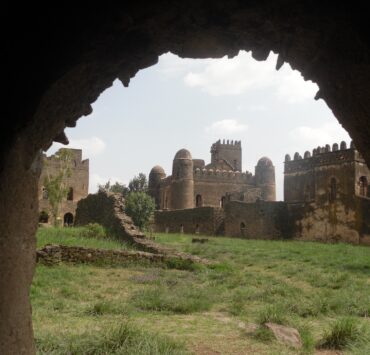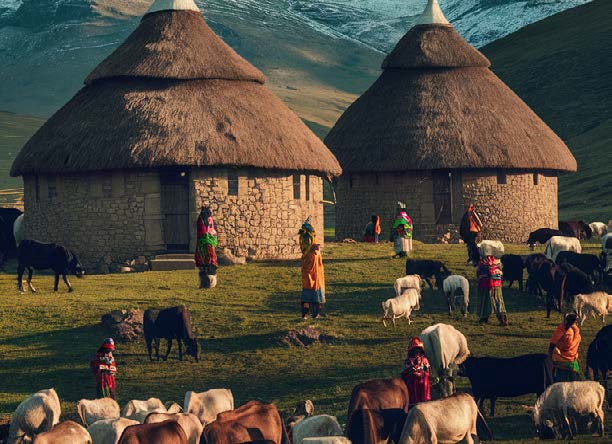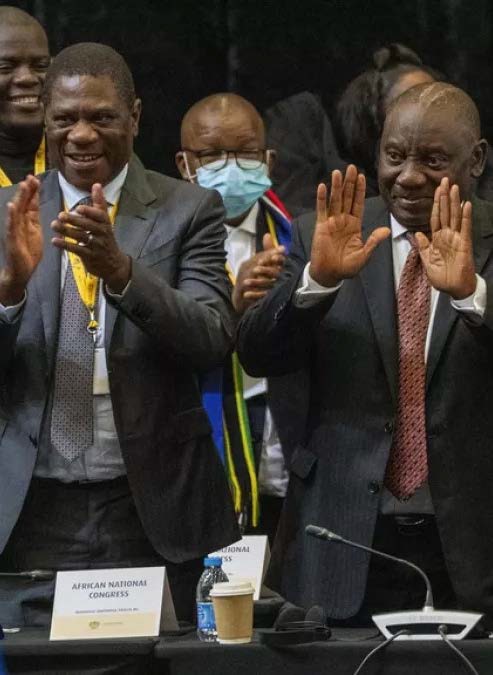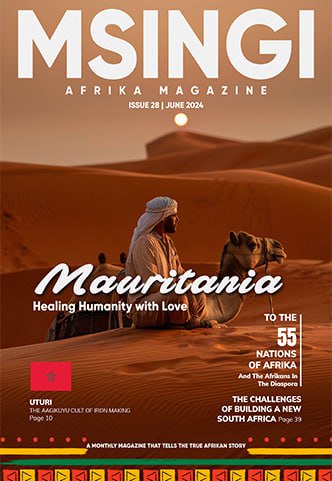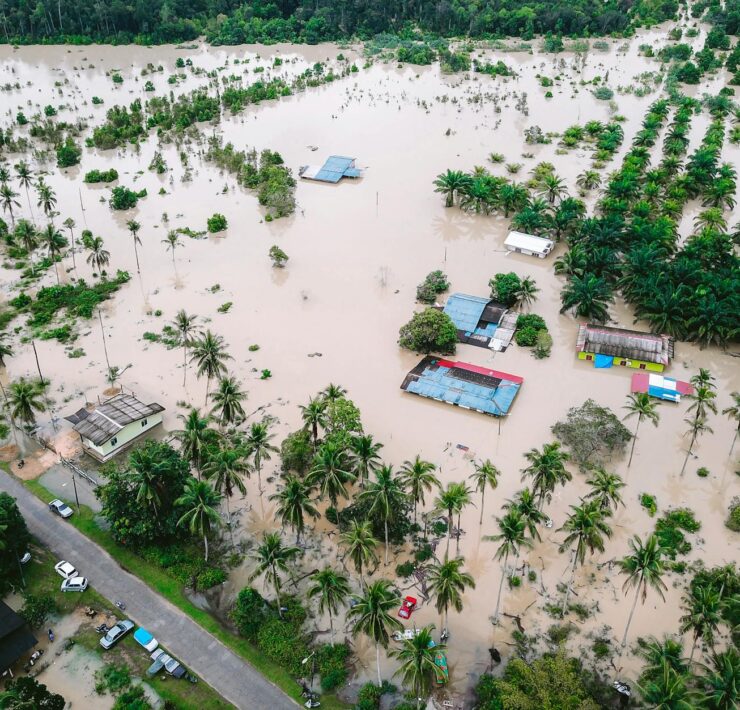Solving Afrika’s problems requires redefining Afrika’s problem
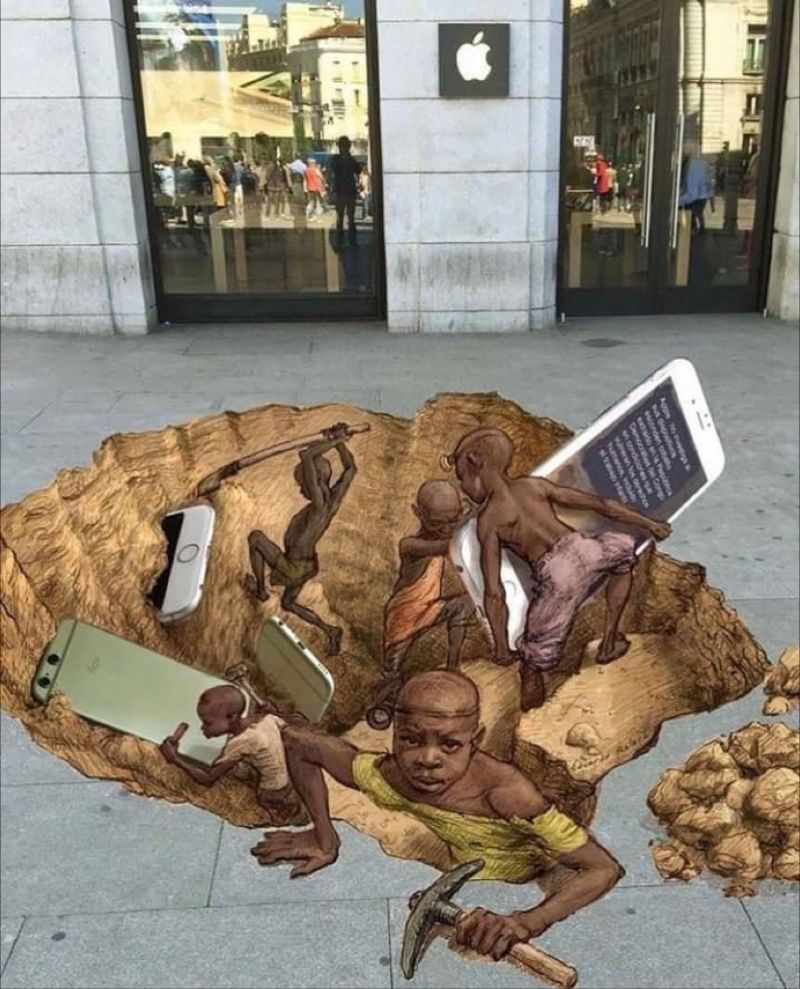
Samuel Phillips is a writer, graphic designer, photographer, songwriter, singer…
Solving Afrika’s problems requires solving Afrika’s definition of what a problem is. And this does not need a PhD in rocket science but simply making a deep observation of Afrikan societies and the similarities of the things we all call problems. In as much as there are fifty-five nations in Afrika with different ideologies about almost everything, one thing remains the uniting factor, the similarity of the problems we all face. Ranging from resource mismanagement, corruption, broken legal systems, nepotism, etc., it’s all the same. “I thought Afrika is blessed with intelligent people in diverse sectors of society?” You may ask. The answer is yes. What then is the problem with Afrikan professionals that they can’t seem to figure out solutions to Afrikan problems? Here is what someone alluded to about this question. “The bitter truth is that ‘Black professionals’ are not out there looking for solutions to the problems facing Africans. They’re simply hustling to make enough money so those problems no longer apply to them.” And that right there, is what the truth is.
But will you really blame these so-called professionals? Yes and No. Yes, because it’s not enough to talk about Ubuntu as an Afrikan concept of brotherhood and then look the other way when your brothers really need you to help create the change that is required for a better society. No, because there are institutions that are given the mandate and responsibility to take care of the community. Individuals should not be out there using their own resources to build the nation while those who are in government have made up their minds to be irresponsible with their duties. It’s quite straightforward.
There is a massive power in images and the use of images to create stories and narratives. The cover image used for this article was intentionally used to create a simple picture of what I believe is one of the main problems that is facing Afrikans.
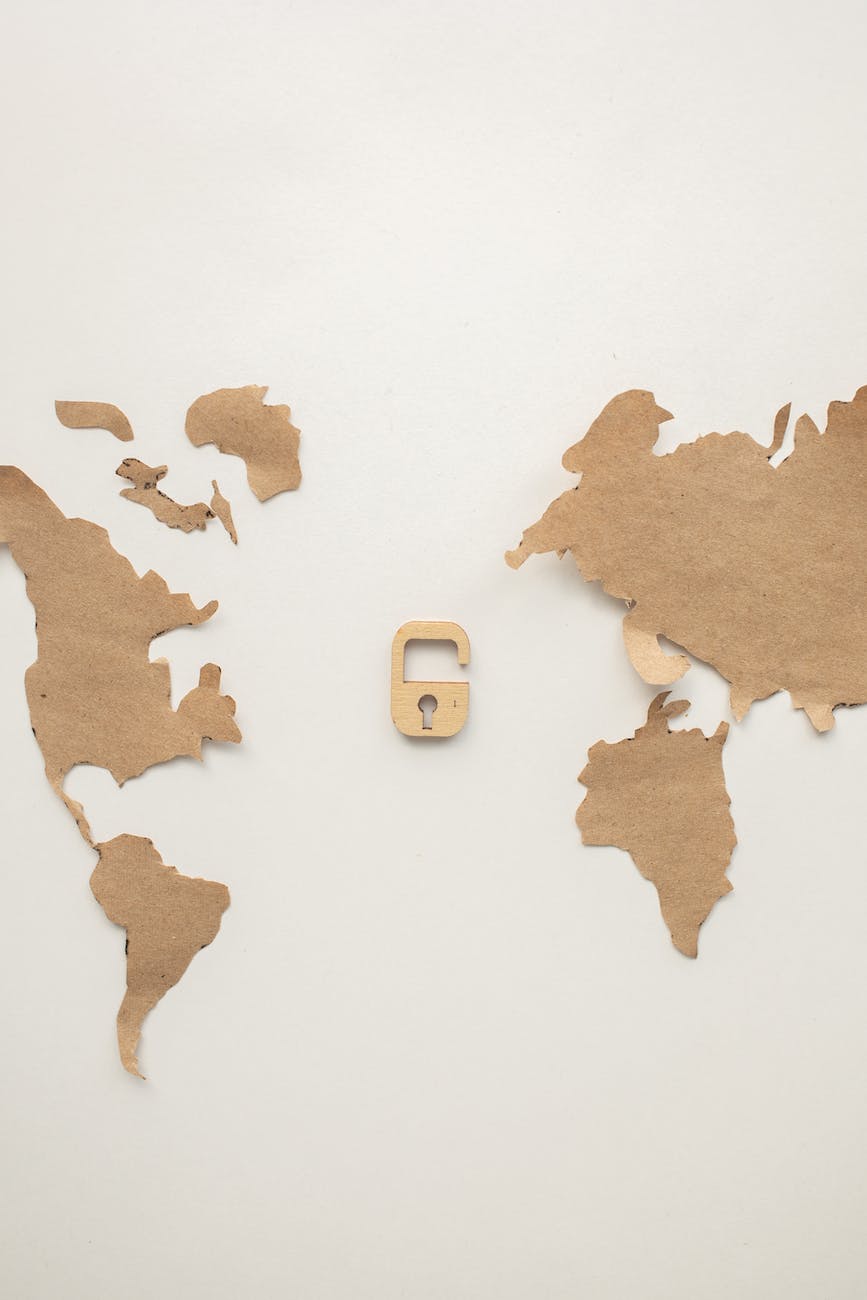
What really is wrong with Afrika?
There are thousands of foreign and local NGOs, in every country in Africa. I learned some time back from a very reliable source that there are about a thousand NGOs or more in Kibra alone. Kibra is an informal settlement in Nairobi and I think it’s referred to as the largest of such slums in Africa. When you compare the number of NGOs in that one settlement and then take a look at what an eyesore Kibra still is despite all of these years of interventions, then you will begin to see a pattern and the virus that is eating the continent of Afrika. If over the years, just like with the NGOs in Kibra, millions more have been creating interventions for Afrikans across the continent, yet as more of these NGOs spring up in different corners of Afrika, it seems the problems of the African people increase, could it be that we have been busy trying to solve the Afrikan problem and we keep missing it because we have been solving what Afrikans call problems while not taking time to understand what the problems really are? I think solving Afrika’s problem will require us to first solve Africa’s definition of the problem.
There is an article on this website written by Fr Anselm Adodo where he gave a very informative thought about how Afrika’s natural resources are being used to power the life and energy needs of other nations outside of Afrika. I have referred to this article several times and really do not mind doing it again in this one. You can read the entire article here but let me share an excerpt from it.
As we speak, hundreds of thousands of Congolese children work themselves to death in Congolese mines where they mine cobalt, earning one dollar a day. Cobalt is used in making lithium batteries that power your mobile phones and cameras.
The Democratic Republic of Congo is the world’s largest producer of Coltan. Coltan is essential in the production of mobile phones and tantalum capacitors that are used in almost every kind of electronic device. Approximately 80% of the world’s supply of Coltan is found in the Democratic Republic of Congo. For the world to keep enjoying mobile phone technology, it must have unhindered access to tantalum from Congo. For your information, Congo is among the world’s poorest countries.
Niger Republic and Namibia are among the world’s top producers of uranium. They are also among the world’s poorest. Niger alone supplies France with the uranium required to power up their nuclear programme and power stations – generating almost 80% of France’s electricity via an estimated 59 nuclear plants. One out of every three light bulbs that are lit in France is thanks to the uranium from Niger republic. However, in Niger, nearly 90% of the population has no access to electricity. For France to keep growing, it must have unhindered access to uranium from Niger republic.
Over 70% of the world’s cocoa is grown in Africa, which is exported. The world’s chocolate business is valued at over 120 billion dollars annually and is expected to grow up to 170 billion dollars by 2024. Yes, it is the cocoa from Africa that powers the worlds profitable chocolate business. For the world to keep enjoying chocolate and make money from it, it must have unhindered access to Africa’s cocoa. For every 100 dollars that Africa makes from the sales of cocoa, she generates at least 50,000 dollars, not for her people, but for the rest of the world.
Ghana and Ivory Coast account for almost 70% of global cocoa bean exports. In 2019 alone Ghana exported around 900,000 tons! Cocoa farmers in Ghana receive 480 cedis (86 euro) per bag, which amounts to an annual income of 500 euros for one hectare. Ghana earns some 2 billion dollars annually from exportation of cocoa, while the chocolate industry, which depends on Ghana’s cocoa beans, earns over 120 billion dollars annually. The average life expectancy for farmers in Ghana is said to be 53 years.
Ivory Coast, the world’s largest cocoa producer, a former colony until ‘Independence’ in 1960, has wrestled with civil unrest and increasing poverty rates for years. In 2015, poverty in the Ivory Coast was as high as 46.3 percent. Ivory coast is also among the world’s top exporter of raw cashew nuts. In 2018, Ivory Coast was ranked 165 out of 189 countries on the United Nations Human Development Index. The Ivory Coast continues to be the world’s largest producer of cocoa, with an estimated 2.12 million metric tons for 2020’s harvest.
Afrika must go beyond food, shelter, clothing, and the basics of life
I am very sure if you do a street interview in every city in all the countries in Afrika and ask the interviewees what they think the problem of Afrika is or if you ask them what they personally think are the problems in their communities, they may likely tell you lack of basic amenities like potable water, access to medical care, infrastructure, education, access to food, etc. There is also the probability that, if you ask them why those things, they mentioned are not readily available, they will say it’s because of bad governance. So, to the average African, the African problem is what they do not have access to but which they see are readily available in other countries outside of Africa. That’s the common definition of a problem in Africa, to Africans. And as always, bad leadership is always the cause of problems. But is the lack of basic amenities really what the problem of Africa is? And is the issue of corrupt leadership really what the problem is? Knowing that the very moment the person pointing fingers at the corrupt government official is given the same opportunity, they go right into the very same corruption? For when you look at the excerpt I shared above and how the resources from Afrika build other nations of the world, then you will be right to ask, why the same are not building Afrika.
What then is Afrika’s problem?
I will put it in one sentence, but you can dissect it to whatever extent you want to do so. For me, I think Afrika’s core problem is ignorance of purpose and the irresponsibility of those given the duty to give meaning to Afrika’s purpose. Every other thing plaguing Afrika stems from this. You may have your own opinion about what I just said, and that’s your right. But when you hear the story coming from Nigeria where a warehouse was found in a police station, loaded with sacks of Nigerian currency notes, all of which are rotten and cannot be used because they are all moldy, then you will have a glimpse of what I mean when I say, Afrika’s problem is the ignorance of purpose. Or when you hear of the story of 43 million dollars found in an empty abandoned house in Nigeria by the agency in charge of corruption, apparently stolen and placed there for safekeeping, then you will understand what I mean that Afrika’s problem is not the lack of things but a lack of purpose. Or when you hear about politicians who stole so much money in dollars that they hid in graves but later could not use because rain has destroyed it all, then you will know what it means for fools to be in the position of power and leadership while the intelligent ones are busy fighting those they should be working with. Why will someone steal so much money that they don’t need just to tell us how much of a slave they are to the spirit behind avarice? It’s beyond my mind. So, the real Afrikans who are faced with the pain of hunger are in the mines, pits, and farms, scratching every inch just to earn enough money to put food on the table, while the fools who have lost connection to life are busy stealing what is meant for everyone and storing them up in offshore accounts and in graves built in their bedrooms. It’s a case of princes walking barefoot while slaves are riding on horses.
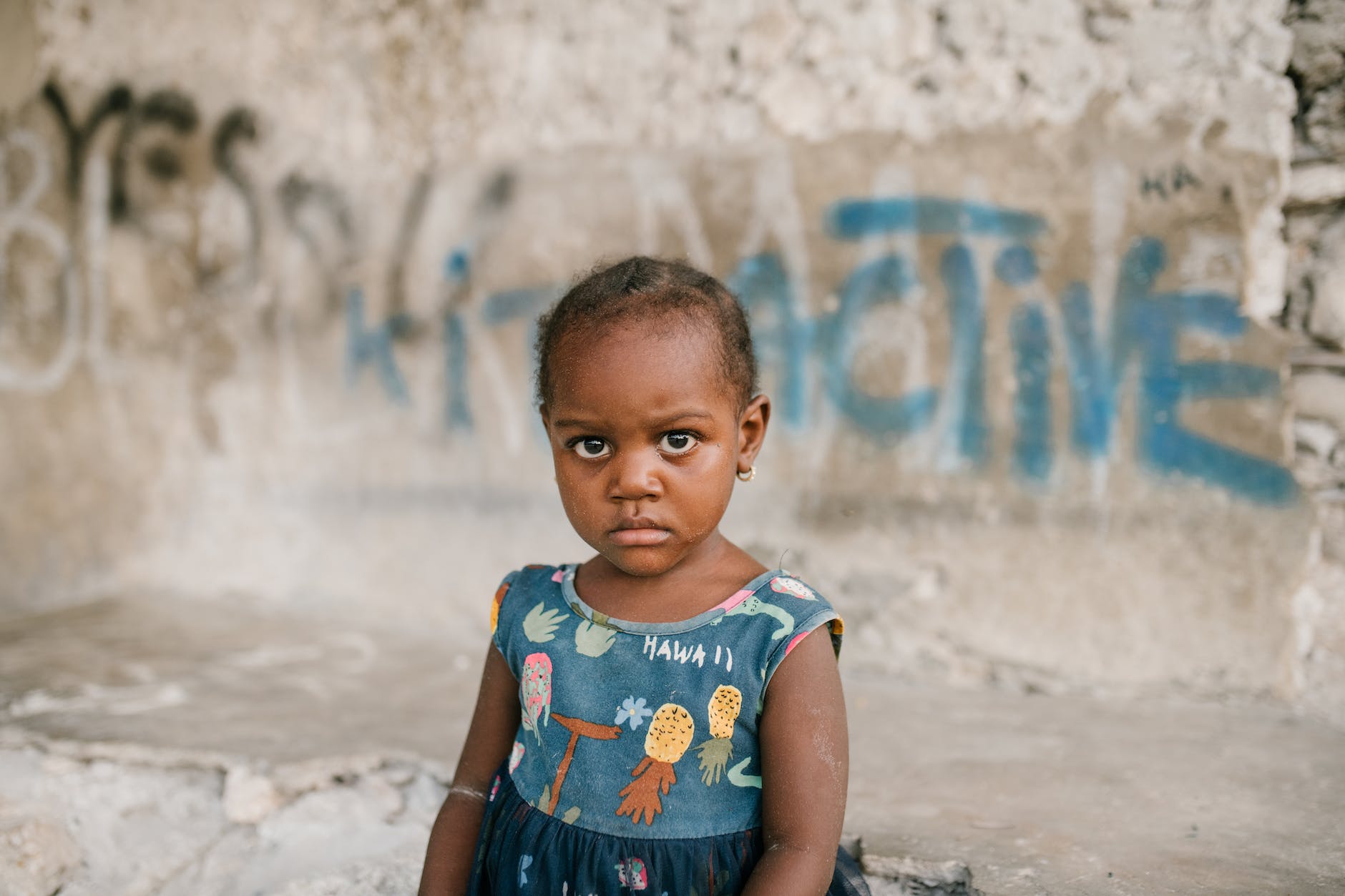
While I am not saying that the lack of basic amenities is not a problem to be looked at squarely by the Afrikan people, I do think that the Afrikan people need to take a step back and redefine their problems. For, if after sixty years of so-called independence we are still talking of no electricity and even potable water, then we should close down the foolishness called the African Union and give ourselves freely to the west that wants us as slaves. It means that the problem with Africa is not a lack of natural resources or the lack of brains to make those natural resources work for us, the problem is that we prefer to have our resources in the hands of the very people who like to call us slaves. And here is what I mean.
Have you found yourself reading a story where, an Afrikan investor wants to invest in an Afrikan country but the very Afrikans in that country will stand against him or her but when the so-called foreign investor comes along, they embrace them? Which is the same thing that happens in the area of tourism. A European tourist is a potential investor and is, given every access you can think of while an Afrikan tourist must be a potential criminal who has come to sell drugs or steal jobs from the locals. It is a very sick and rotten plague in the hearts of the Afrikan people.
And this means that the problem of the Afrikan people is not the lack of electricity. Afrika has enough coal and uranium to generate enough power to last a thousand years. The problem is not a lack of food. Afrika has enough fertile land and good weather to plant enough food for her people. You may even go ahead and say what about the drought that is ravaging many countries in Afrika because of climate change? Well, that’s if you’re talking of climate change that is not caused by human interference through the use of geoengineering technology and the other things men do to alter the course of nature. Nature is very straightforward in explaining that there will always be a season of rain and a season of dryness. But what happens when man, for whatever reason just cannot be proactive in his thinking? Disaster of course. But what do I mean?
Take for example the case of drought in Kenya. Every year, the rains come in abundance, causing flooding that kills livestock and even humans. Also, every year, droughts come and also kill livestock and humans. The question now is this, is the rain that caused the flooding not the answer to the issue of the drought? A BIG YES it is. Meaning that when rain falls, it’s the time to collect flood water in dams and reservoirs for the days of drought. But why is that natural solution to drought not working? First, Afrikans left their thinking minds at home and believed the fools in the World Economic Forum that say that the world is facing a disaster called climate change. But climate change is mostly a scam whose real intention is the implementation of Agenda 21, which is a globalist project that wants to put land and natural resources from rural areas into the hands of a few, while the whole other lot lives in concrete jungles called urban cities while telling themselves that that’s what development looks like. Secondly, we have too many selfish Afrikans who are in cahoots with their foreign accomplices who will not allow solutions to come to the problems of Afrika. Why? The so-called problems of Afrika are money-generating machines for them. For as long as you keep highlighting the problems of Afrika to the world while doing nothing to solve them, you will keep getting donor funding. That is why I said in an article that poverty in Afrika is a multi-billion dollar business for those who are benefiting from it.
Fairness in the face of finger-pointing
A lot of Afrikans love it when you create video content or write articles that point to foreigners as the problem of Afrika, but they hate you when you say that Afrikans are equally culpable in the many crimes against the continent. They forget the simple wisdom that says, when you point a finger at someone, three fingers are pointing at you as well. But that is one of the realities on the ground that we always try to avoid talking about. Our ineffectiveness, which stems from deep-rooted indiscipline, lack of patriotism, abuse of power, and irresponsibility concerning the common goal of the Afrikan people, that is if we actually have one, is the real problem facing the Afrikan continent. A continent where thieves and killers are awarded national honors while those who should be honored are in jail for challenging the government or the corrupt system.
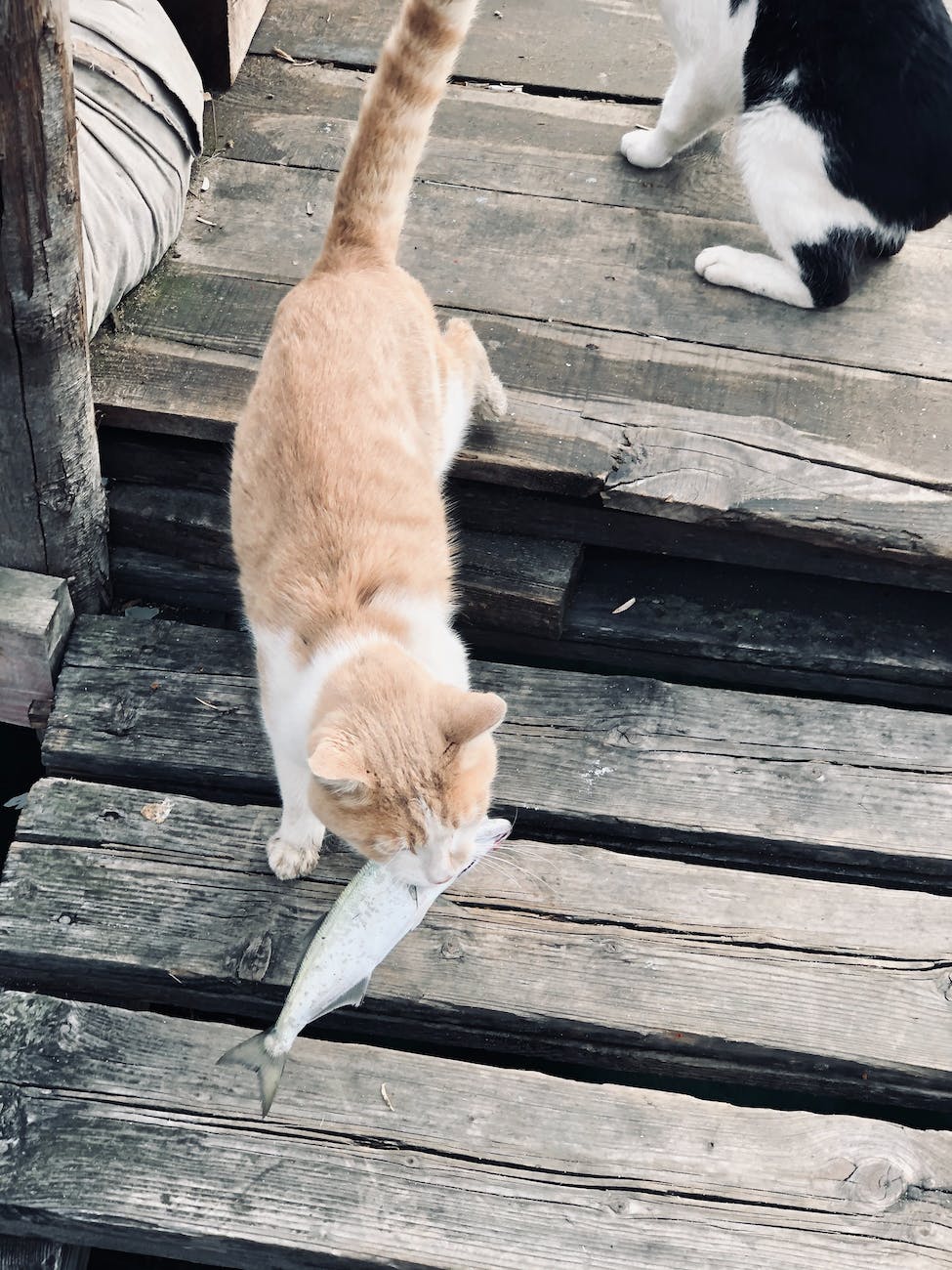
There is an adage in Nigeria that says that it is the cat from the house that invites the cat from outside to come and steal the fisherman’s fish. I do not believe that the pillaging of Afrika’s natural resources by foreign governments and private entities is devoid of involvement from the hands of the locals themselves.
A few times I have had to respond to some unintelligent posts on Facebook. On one such occasion, I was responding to someone who said that the reason there is much crime, drugs and prostitution in South Africa is that people from West Africa, especially Nigerians, come to their country to corrupt their people. And I am not using this example to defend Nigerians or anyone involved in crime. I will never do such a thing.
I responded to the post in this line of thought: anyone who does not know or lay hold of his purpose and destiny is mostly a fool. Irrespective of what they do daily. Even the Bible says that “a man in honor but who does not know it, is like a brute beast that perishes.”
A Nigerian who decides to go to South Africa to sell drugs or influence young women to go into prostitution is nothing but a criminal and a fool and should be dealt with by the law of the land. He does not know himself and like a brute beast, he acts in foolishness. But how deeply foolish is the South African who decided to use his hard-earned money to buy the poison(drugs) that will kill him or make him useless? Or how morally bankrupt is the young South African sister who thinks prostitution is the way out of poverty? You decide the answer. But again, the South African points his finger at the foolish Nigerian who brought in drugs, but we all know that cocaine or heroin does not grow on the street like flowers. If he was sincere with himself like all of us should be, his first questions should be, how did these drugs pass through South African customs, immigration, police, etc., before landing on the streets of Joburg? Fruits don’t fall too far from their trees. I guess we hate to look at ourselves in the mirror for fear of what we will see when we look.
Do you know how Lucky Dube the South African reggae icon died? He was killed by some South African youths who thought he was a Nigerian driving a “big car” in their neighborhood. This right here is one of the problems of the Afrikan people. The “inability” to look at things critically and make a sound judgment.
So as Afrikans, we keep holding endless foreign summits, conferences, and talk shows and making foolish immigration policies that go against the very pan-African ideology that we love to make much noise about, but nothing changes. When we decide not to take responsibility for our own failures, while pointing fingers at others, we make a mockery of solutions to our problems.
As I write this article, 49 of our Afrikan presidents and heads of government are in the US attending the US Africa summit. And like H.E Dr Arikana Chihombori asked in a video, “What is the one collective African agenda that these leaders took to that summit?” Don’t be surprised if there is none. Not to mention the obvious that, the summit in itself was not put together because the US government or her heartless agencies suddenly became very good friends of the Afrikan people. We know that the summit is just a geopolitical move to counter the influence of China and Russia in Afrika and they are not even hiding it. Talk about one nation trying to control whom Africa and her fifty-five nations get to partner with. That’s an insult, to say the least, from a nation that has no moral authority whatsoever to claim the position of a global moral cop. But here is the opportunity for Afrika. As the whole world is in some crisis or the other over the shortage of gas, petroleum, or the other natural resources that Afrika still has in “abundance”, should this not be an opportunity for Afrikan governments to come together and make forward-thinking and Afrika-changing demands from the world in exchange for the natural resources that they so love to steal from Afrika? I bet you it is. But will they? I don’t think so, for they have never really been proactive when it comes to international deals. Their little acts of personal egos and senseless national pride steeped in selfishness mostly get in the way. So, instead of going to make intelligent deals for the benefit of their people, they go there to talk about how poor Afrika is and how much they need to borrow to mitigate drought back home.
Our leaders must be so bamboozled and thrilled with the US’ promise of 55 billion dollars for economic, health and security support for Afrika. Looks like a noble gesture, but when will these Afrikan leaders come out of their caves of fear and tell the Afrikan people the truth about who is really responsible for the very economic sabotage, lab-engineered diseases like HIV/AIDS, the 1974 top-secret document entitled National Security Study Memorandum 200 which was created for the depopulation of less developed countries of the world and the highly-funded militants that are wreaking havoc in Afrika. Afrika keeps suffering in the midst of plenty and the leaders know why and by whose hands. And there, my people, are some of the corners where the problem of Afrika is.
In conclusion, as I look at the various deals and partnerships that Afrikan states have had with China over the last couple of decades, I am forced to ask, is there any among Afrikan leaders that have sat down with the president of China and asked him “Please sir, how did you move 400million of your people out of poverty? Is there a document of how to do it that you can share with me so I also learn how to remove my own people from poverty?” Or has anyone asked how China became the manufacturing hub for the whole world? Should these not be the kinds of questions Afrikan leaders should be asking those who have managed to break through the repressive poverty lines that they had initially found themselves in?
Another aspect of the Afrikan problem that we often don’t pay attention to is the massive loss of talent that Afrika is dealing with right now. We have even given it a fine name called brain drain. But when a nation or a continent is drained of its brains, what will likely be left will be a continent that only knows how to use its mouth, hands, legs, and stomach without thinking. And in as much as we can tell ourselves that Afrikans moving away from Afrika to Europe and America or even the middle east is one sure way of making foreign remittances, is that not the same thing that happened during the slave trade? Take out the most intelligent and physically strong among the people, then leave the land open to oppression and captivity. For while Afrika’s young and intelligent people are running away to Europe and America in the name of greener pastures, young and old Chinese, Europeans and people from all walks of life outside Afrika are flooding the entire continent of Afrika. They are getting married to Afrikans, buying huge chunks of land, and setting up businesses that mostly employ Afrikans at the lowest rungs of the ladder. We are slowly selling the future of Afrika by not applying wisdom to raising our talent pool from Afrika.
And talking about talent loss in Afrika, my wife pointed out a Facebook post and I thought I should add it here. The post says “Kylian Mbappe’s father in 2018: “At first, I wanted my son to play for Cameroon but, someone at the Cameroon Football Federation charged a sum of money that I didn’t have to make him play. The French didn’t charge anything.” In other words, lack of support for our own has caused the African Continent to lose its best talent. This right here, my people, is a major problem of the Afrikan continent and until we begin to see our people in the right light, and support them in their areas of skills and talent, we will keep losing ground on the world stage and the future simply cannot be built like that. So, when you look at your dirty street, or pass by a run-down school with broken classrooms, and when you hear that the funds meant for Covid were stolen by the very people who are supposed to protect you, then know that what you are dealing with is not Afrikan poverty like they like to talk about, but the heartless and irresponsible humans we put at the helm of managing our affairs. For until the definition of the problem of Afrkca is clearly understood for what it is, a solution will always be a mirage.
What's Your Reaction?
Samuel Phillips is a writer, graphic designer, photographer, songwriter, singer and a lover of God. As an Afrikan content creator, he is passionate about creating a better image and positive narrative about Afrika and Afrikans. He is a true Afrikan who believes that the true potential of Afrika and Afrikans can manifest through God and accurate collaborations between Afrikans. Afrika is the land of kings, emperors, original wisdom, ancient civilizations, great men and women and not some road-side-aid-begging poor third world continent that the world finds joy in undermining.









